Flying during the pandemic
Helicopter pilots
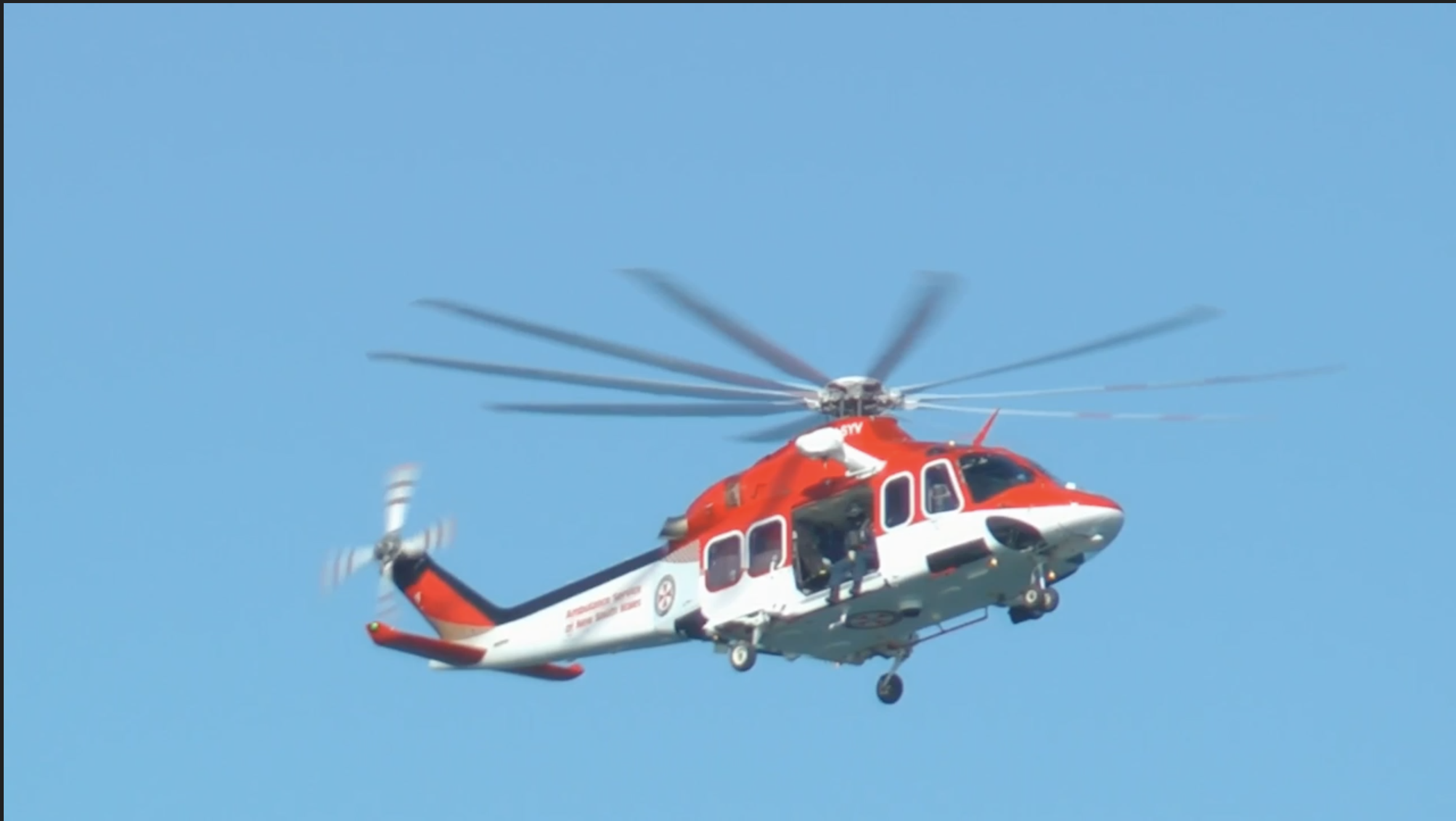
In memoriam: Florentino SáncheZ
Florentino was a great pilot, very professional, thoroughly knowledgeable of the procedures and characteristics of all the helicopters he has flown. With great expertise and experience he demonstrated his competence in the real situations he dealt with in his day to day, in each training or check ride. All crews, co-pilots and commanders, with whom he was paired to go to the simulator, were delighted with him, because you always learnt a lot from him.
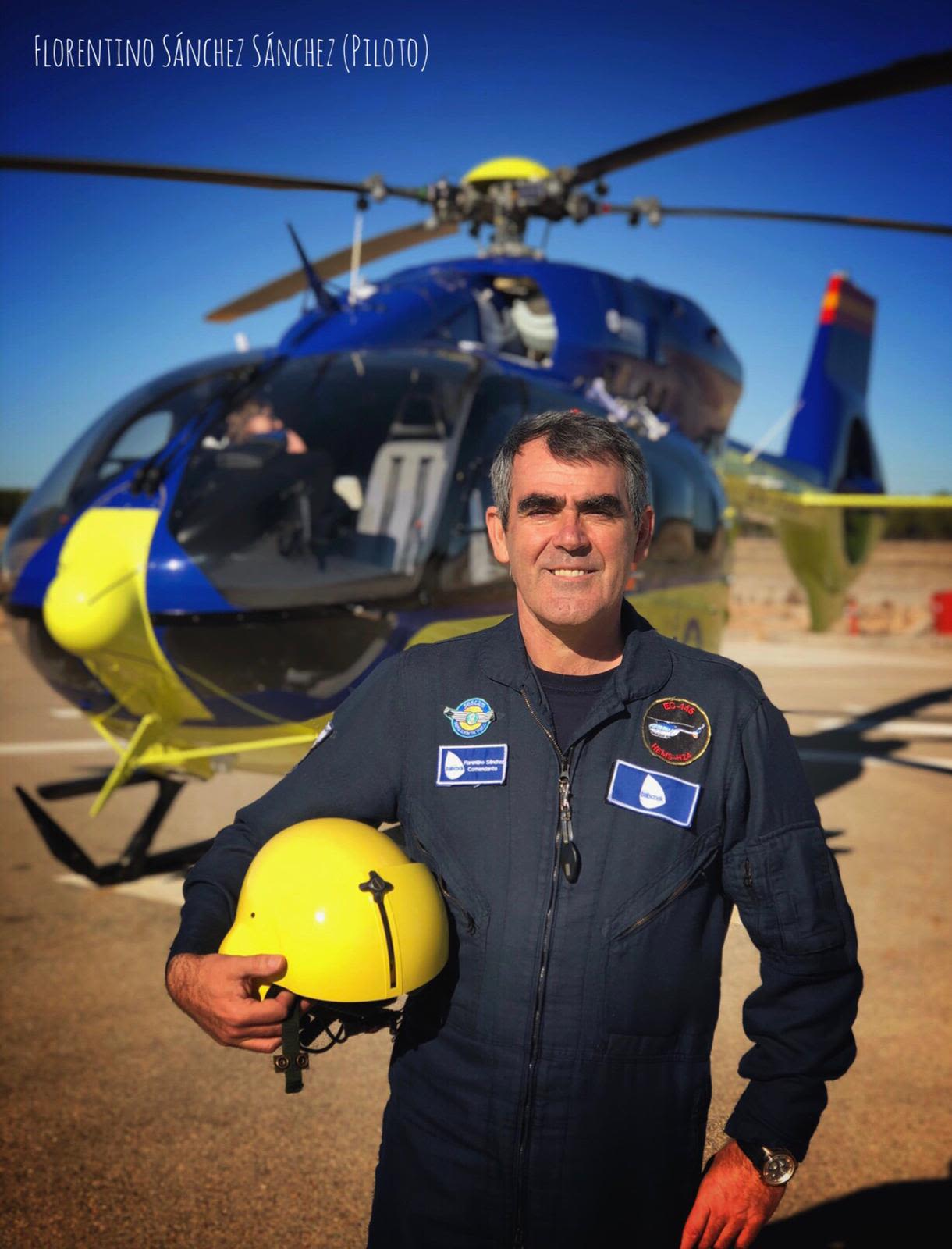
You can tell he loved his job by how he transmitted it to others.
As a person and workmate he was just exceptional. You could ask him for anything that, if it was in his hand, would grant it to you. On a daily basis at Base he always brought joy in the shifts. He gave and received jokes with the guarantee that they were always well received by others, because everyone liked him, with the only exception if you mentioned his Atleti (one of the Madrid’s football teams) when they lost, that there was not much happening there ... We will miss him in the small details.
Loving husband and a proud father of two children, who I know were his weakness. Life smiled at him and he always showed his happiness.
To all the comrades, close and not so close, their loss has left us with a great void and sorrow. We are broken, because we trusted his strength. And he fought until the last moment not to leave; It was too early, it was too unfair ... Believer in God, who he was, will now be watching over us from Heaven. Fly high Floren, fly high!
ECA Helicopter pilots community
If ever there was a doubt about the importance of helicopter operations, COVID-19 completely erased it. While almost everybody is advised (or ordered) by the authorities to stay at home and keep a proper distance to avoid spreading the virus, we – helicopter pilots – still crawl into our cockpits.
A helicopter is an open space, where the virus could float freely, and contagion of the crew is very hard to avoid. But despite that – our operations are urgent and essential and cannot wait for the pandemic to be over.
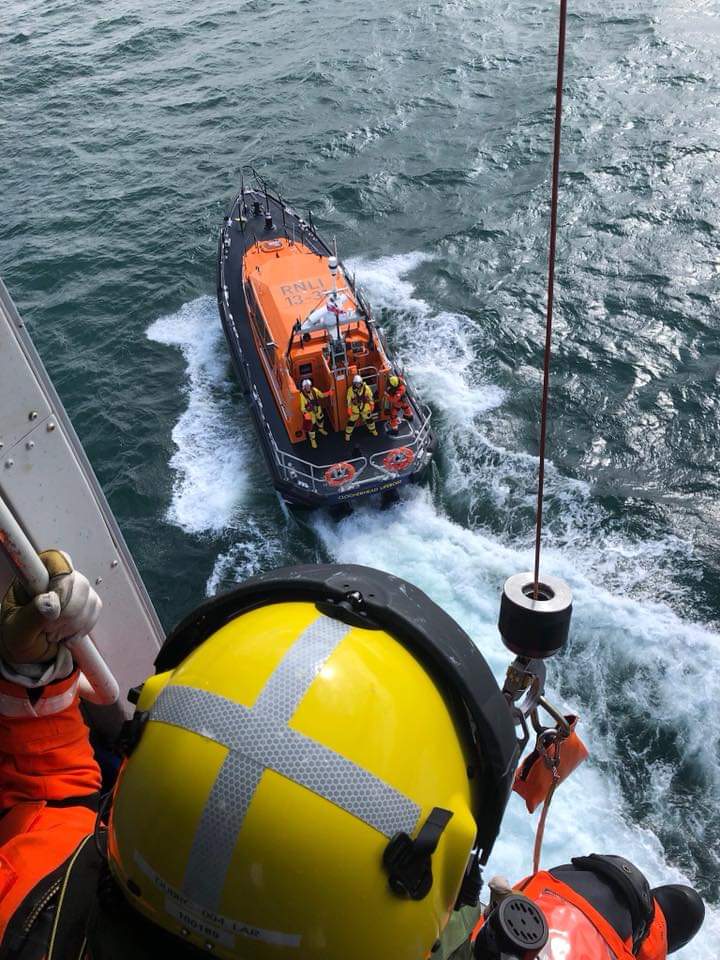
Search and Rescue (SAR) or the Helicopter Emergency Medical Service (HEMS) transports victims of accidents and people who need urgent medical attention to hospitals.
Police and law enforcement hover above cities to protect all. And Firefighting or Civil Protection helicopters are also ready to serve.
Some of our ‘lucky’ passengers of critical areas are being transported by helicopters to offshore platforms to keep the oil and gas industry going.
Suddenly – when so many activities have been put on hold – the COVID-19 crisis has become a reminder that helicopter operations are indispensable in functioning of some vital society infrastructures. And we, as pilots, are trying to show our flexibility and a sense of responsibility to keep the helicopters flying.
The COVID-19 crisis has become a reminder that helicopter operations are indispensable in functioning of some vital society infrastructures.

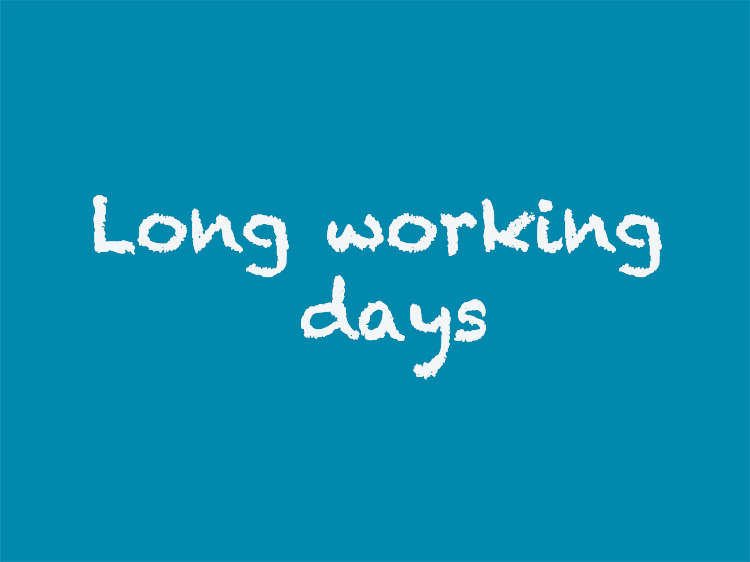

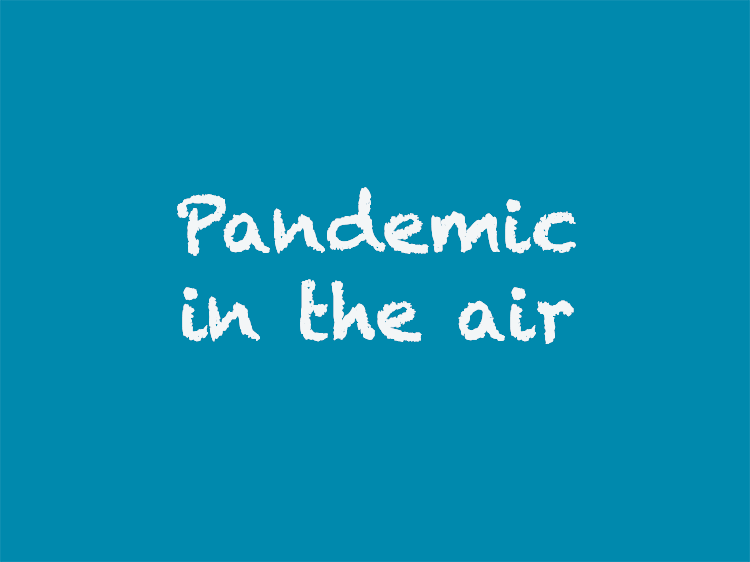
What is difficult to forget, however, is that just a couple of months ago investment in the helicopter sector, including SAR and HEMS tasks and equipment was rather low on the priority list of many companies and countries’ authorities. Long working days in increasingly demanding conditions, night flying into unknown landing sites, dealing with threats like windmills or rouge drone encounters – operational reality of helicopter pilots is full of challenges even without the pandemic in the air. While now, on top of fear of Covid-19, we fear a global economic downturn – helicopter pilots have been faced with salary cuts and financial uncertainty already when the market was doing supposedly fine.
Despite that, it would be difficult to find a helicopter pilot who’s not willing to go the extra mile and support society to fight the COVID-19 virus. For instance, if we look at the offshore industry, helicopters have to transport mainly passengers and freight for this essential sector. During the passengers’ transport the virus can easily be spread. To address this issue pilots work longer duty periods. This way, we need fewer crews and therefore less contact moments for the pilots. It also allows to keep supporting the offshore operations if or when pilots get infected. Furthermore, the first row of the cabin is empty creating more distance between pilots and passengers. Passengers are being screened before entering the helicopter.
Despite that, it would be difficult to find a helicopter pilot who’s not willing to go the extra mile and support society to fight the COVID-19 virus.
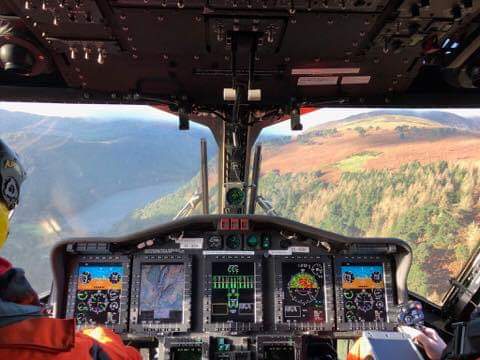
There are special rules to ground passengers who develop a virus infection offshore to be flown at home. Confirmed infected people will be flown onshore by the SAR and passengers with a suspected infection are flown back with regular helicopters with special precautions.
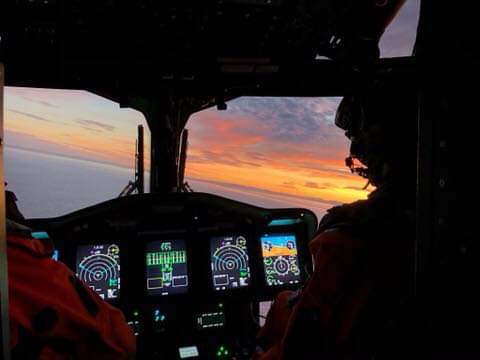
We are disinfecting flight controls and switches every time we enter the cockpit. Finally, on top of the inherent difficulties of flying over the water (offshore or SAR) or with a Medical Crew, we now need to wear other Personal Protective Equipment, which is not designed to be worn with our helmets, lifevests etc. So, completing our tasks has become even more challenging.
It is a tough time for everybody. And now, more than ever we need the support of our companies to help us through this & allow us to do our – vital – job in the safest possible way.




